Description
Glumet 500Mg Tablet
Indications / Uses :
Adjunct to diet and exercise to improve glycemic control in patients with type 2 diabetes mellitus.
As monotherapy or in combination with other oral antidiabetic agents or with insulin.
It is given to patients who are no longer responding to sulphonylureas. Either alone or in combination with sulphonylurea.
Administration :
Should be taken with food.
Contraindications :
Hypersensitivity to metformin HCl or to any of the excipients of Glumet/Glumet-XR; unstable and/or type 1 (insulin-dependent) diabetes mellitus; patients with a history of lactic acidosis irrespective of precipitating factors; acute or chronic metabolic acidosis, including diabetic ketoacidosis, with or without coma; treat diabetic ketoacidosis with insulin.
Impaired Renal Function: Serum creatinine levels =1.5 mg/dL (males), =1.4 mg/dL (females); abnormal CrCl (<60 mL/min).
Acute conditions with the potential to alter renal function eg, dehydration due to persistent or severe diarrhea, recurrent vomiting; severe infection; diagnostic examinations (eg, IV urography, angiography) that would involve the use of iodinated contrast agents/media.
Acute or chronic disease which may cause tissue hypoxia eg, cardiac or respiratory failure; recent myocardial infarction; shock.
Chronic alcoholism with hepatic damage.
Presence of severe liver disease.
Use in pregnancy: Pregnancy Category B. Oral hypoglycemic agents (including metformin) are not recommended during pregnancy. Maintaining blood glucose levels as close to normal as possible is necessary during pregnancy since abnormal blood glucose levels are associated with a higher incidence of congenital abnormalities. Insulin is recommended during pregnancy.
Use in lactation: Metformin is excreted into human milk and should therefore not be used by breastfeeding mothers. The importance of metformin HCl to the mother should be considered when deciding whether to discontinue breastfeeding or discontinue metformin because the potential for hypoglycemia in breastfeeding infants may exist. Consider insulin therapy for adequate glycemic control if metformin HCl is discontinued.
Special Precautions :
Monitoring of Renal Function: Impaired renal function would increase the risk of metformin accumulation and lactic acidosis. Patients with serum creatinine levels higher than the normal range should not initiate therapy with metformin HCl.
Renal function should be assessed and verified as normal before initiation of metformin HCl therapy especially in elderly patients because aging is associated with reduced renal function.
Medications which may affect renal function or result in significant hemodynamic change or interfere with the disposition of metformin (ie, cationic drugs) should be used with caution since these drugs are eliminated by renal tubular secretion.
Macrovascular Outcomes: Macrovascular risk reduction with the use of metformin or any antidiabetic drug has not been established in clinical studies.
Radiologic Studies: Parenteral iodinated contrast media may alter renal function and increase the risk of lactic acidosis in patients receiving metformin. Temporarily discontinue metformin prior to or at the time of any procedure requiring parenteral iodine contrast media. Do not reinstitute metformin until 48 hrs after such procedures and until renal function has been reevaluated and found to be normal.
Hypoxic States: Cardiovascular collapse (shock) from whatever cause, acute congestive heart failure, acute myocardial infarction and other conditions characterized by hypoxemia have been associated with lactic acidosis and may also cause prerenal azotemia. Promptly discontinue metformin when such events occur in patients on metformin HCl therapy.
Surgical Procedures: Temporarily discontinue metformin use in patients undergoing surgery associated with restricted food or fluid intake. Metformin therapy may be reinstituted when the patient’s oral intake has resumed and renal function has been found normal.
Impaired Hepatic Function: Metformin HCl should generally be avoided in patients with clinical or laboratory evidence of hepatic disease since impaired hepatic function has been associated with lactic acidosis.
Alcohol: Combined use of alcohol and metformin may increase the risk of hypoglycemia and lactic acidosis, since alcohol decreases lactate clearance and hepatic gluconeogenesis and may increase insulin secretion. Excessive alcohol intake on an acute or chronic basis should be avoided in patients receiving metformin.
Vitamin B12 Levels: Evaluate hematologic parameters prior to initiation of metformin therapy and at least annually since decreases in serum vitamin B12 have been associated with metformin use.
Hypoglycemia: Hypoglycemia does not occur in patients receiving metformin alone under usual circumstances of use, but could occur when caloric intake is deficient, when strenuous exercise is not compensated by caloric supplementation, or during concomitant use with other glucose-lowering agents (eg, sulfonylureas and insulin) or ethanol.
Elderly, debilitated or malnourished patients, and those with adrenal or pituitary insufficiency or alcohol intoxication are particularly susceptible to hypoglycemia. It may be difficult to recognize hypoglycemic states in the elderly and in people who are taking ?-adrenergic blocking drugs.
Maintaining Adequate Glycemic Control during Periods of Stress: Temporary discontinuation of metformin and administration of insulin may be necessary in periods of stress eg, fever, trauma, infection or surgery to maintain adequate glucose control. Metformin may be reinstituted after the acute episode is resolved.
Use in children: The use of metformin HCl immediate-release has been established in pediatric patients 10-16 years with type 2 diabetes. Studies have not been conducted with metfromin extended-release in these patients.
Use in the elderly: Aging is associated with reduced renal function and metformin is known to be substantially excreted in the kidney. The risk of serious adverse reactions to metformin is greater in patients with reduced/impaired renal function especially in the elderly. Care should be taken in dose selection and should be based on careful and regular monitoring of renal function. Generally, dose in elderly patients should not be titrated to the maximum dose. Metformin treatment should not be initiated in patients =80 years unless creatinine clearance demonstrates that renal function is not reduced.


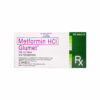
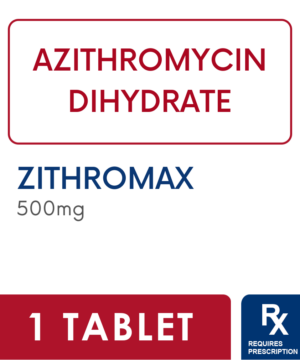
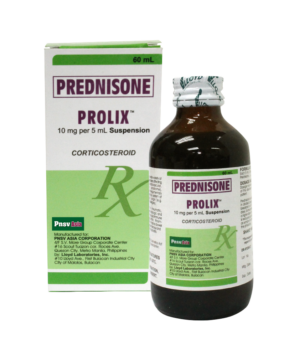




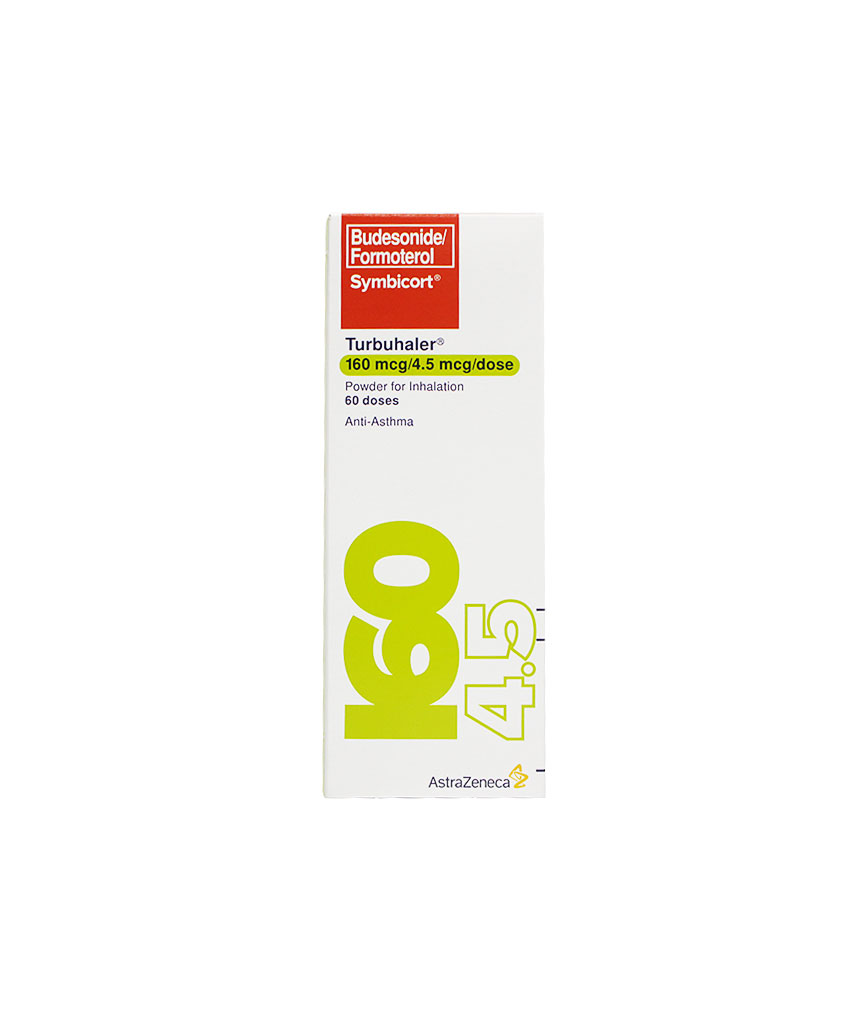
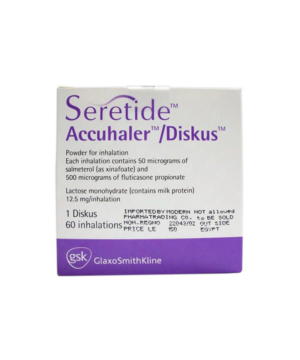



Reviews
There are no reviews yet.